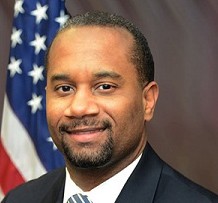 Brandon Dill
Brandon Dill
Michael Rallings with crowd during protest
The city’s motion to immediately modify the 1978 consent decree prohibiting police surveillance was denied this week by a federal judge.
Last year, U.S. District Judge Jon McCalla ruled that the Memphis Police Department (MPD) violated the decree by participating in political surveillance on activists here.
In September, the city filed a sealed motion with the court to “significantly modify” the 1978 Kendrick consent decree. The city argued that the decree “unduly burdens legitimate investigative activities and creates restrictions that are unnecessary for the protection of First Amendment rights,” according to recently unsealed court documents.
The city said the consent decree prohibits MPD from “using other agencies or persons as ‘surrogates’ to do indirectly what it could not do directly,” preventing coordination between law enforcement agencies.
Specifically, the city said the consent decree has a “detrimental effect” on the city’s participation in the Joint Terrorism Task Force, the Tennessee Fusion Center, the Multi-Agency Gang Unit, and CrimeStoppers. It also prevents sharing and receiving intelligence with federal agencies and the Shelby County Sheriff’s Department, the city said.
[pullquote-1]
The city also argues that assuring compliance with the consent decree and its “restrictions that go well beyond that which is required by federal law” requires the city to “expend scarce resources.”
The modified decree that the city requested would allow the use of political intelligence gathered by third parties.
McCalla denied the city’s motion, writing that modifying the decree in that way would “eviscerate the core goals of the Kendrick consent decree.”
Continuing, McCalla said any modification to the decree would need to be “carefully crafted after a thorough review of evidence and a finding of sufficiently changed circumstances compel a modification.”
“A change would need to achieve the goals of the Kendrick Consent Decree while providing the city and the MPD flexibility to engage in the sharing of information for legitimate law enforcement purposes,” McCalla wrote.
McCalla notes that because all parties have not agreed to the modification of the consent decree, there would have to be an evidentiary hearing before the court could make a ruling.
A telephone conference call between all parties is scheduled for January 2nd to discuss the possibility of scheduling an evidentiary hearing on the city’s requests to modify the decree.
Ahead of that meeting, the team appointed to monitor MPD’s adherence to the consent decree will present its quarterly progress to the court on Thursday, November 21st. The hearing will take place at 9:30 a.m. at the Clifford Davis-Odell Horton Federal Building.
Read McCalla’s full decision below.
[pdf-1]
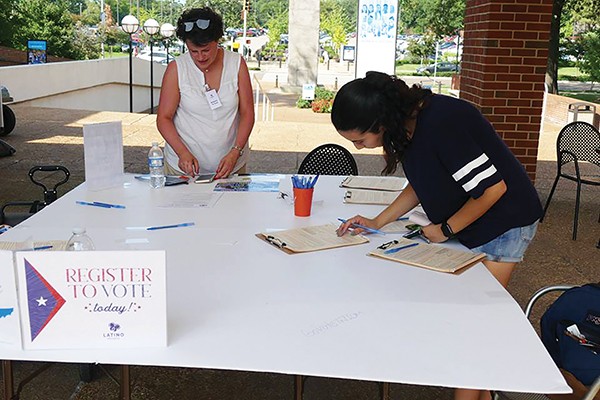 U of M/Facebook
U of M/Facebook 

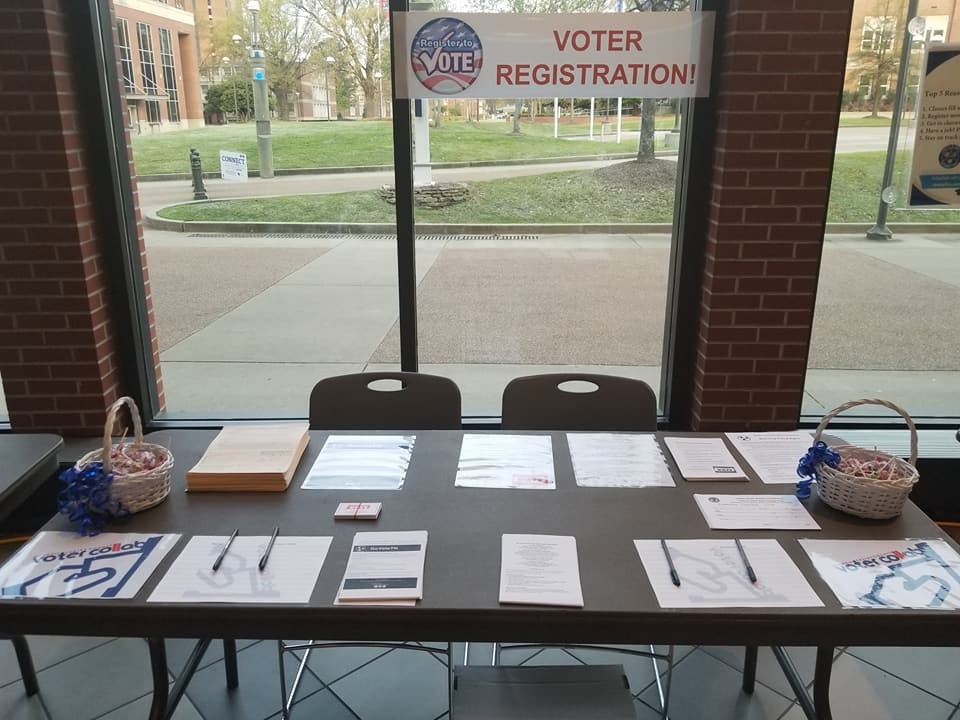
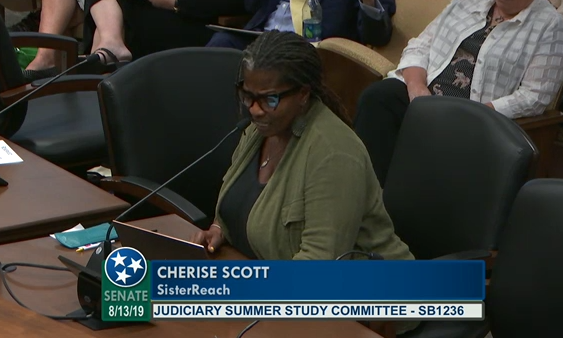
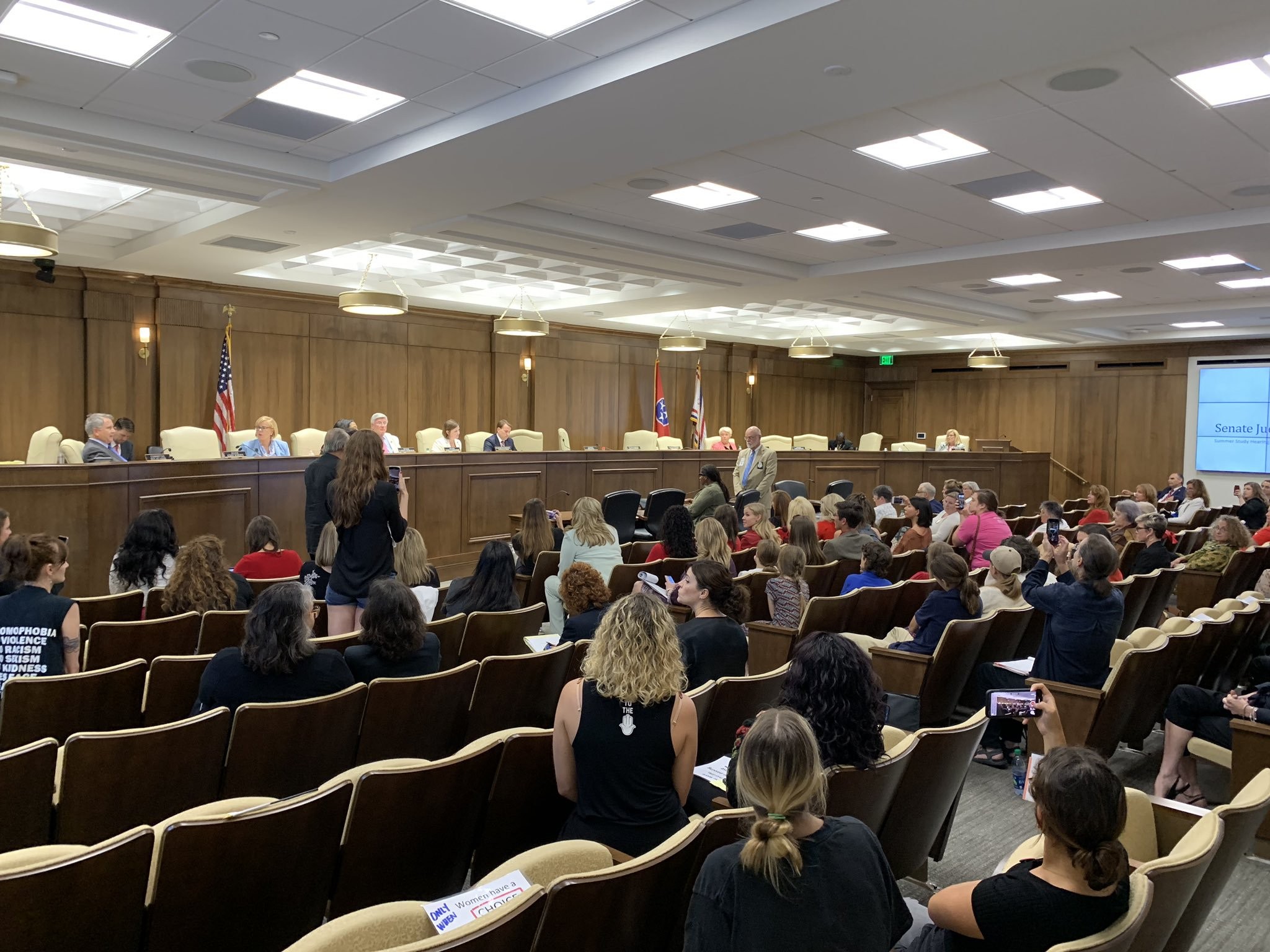 Matt Anderson
Matt Anderson  Courtesty of U.S. Customs and Border Protection
Courtesty of U.S. Customs and Border Protection  Brandon Dill
Brandon Dill 
 Facebook
Facebook 
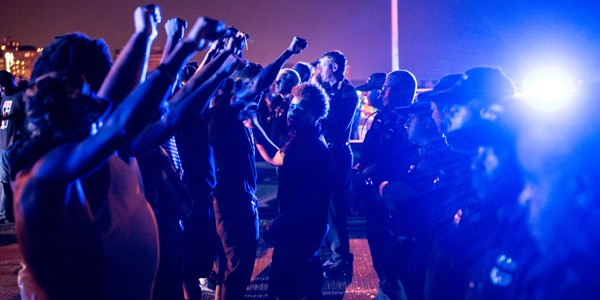 Brandon Dill
Brandon Dill 